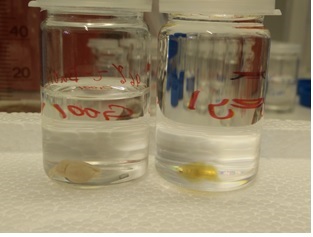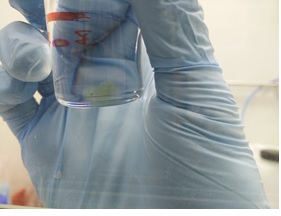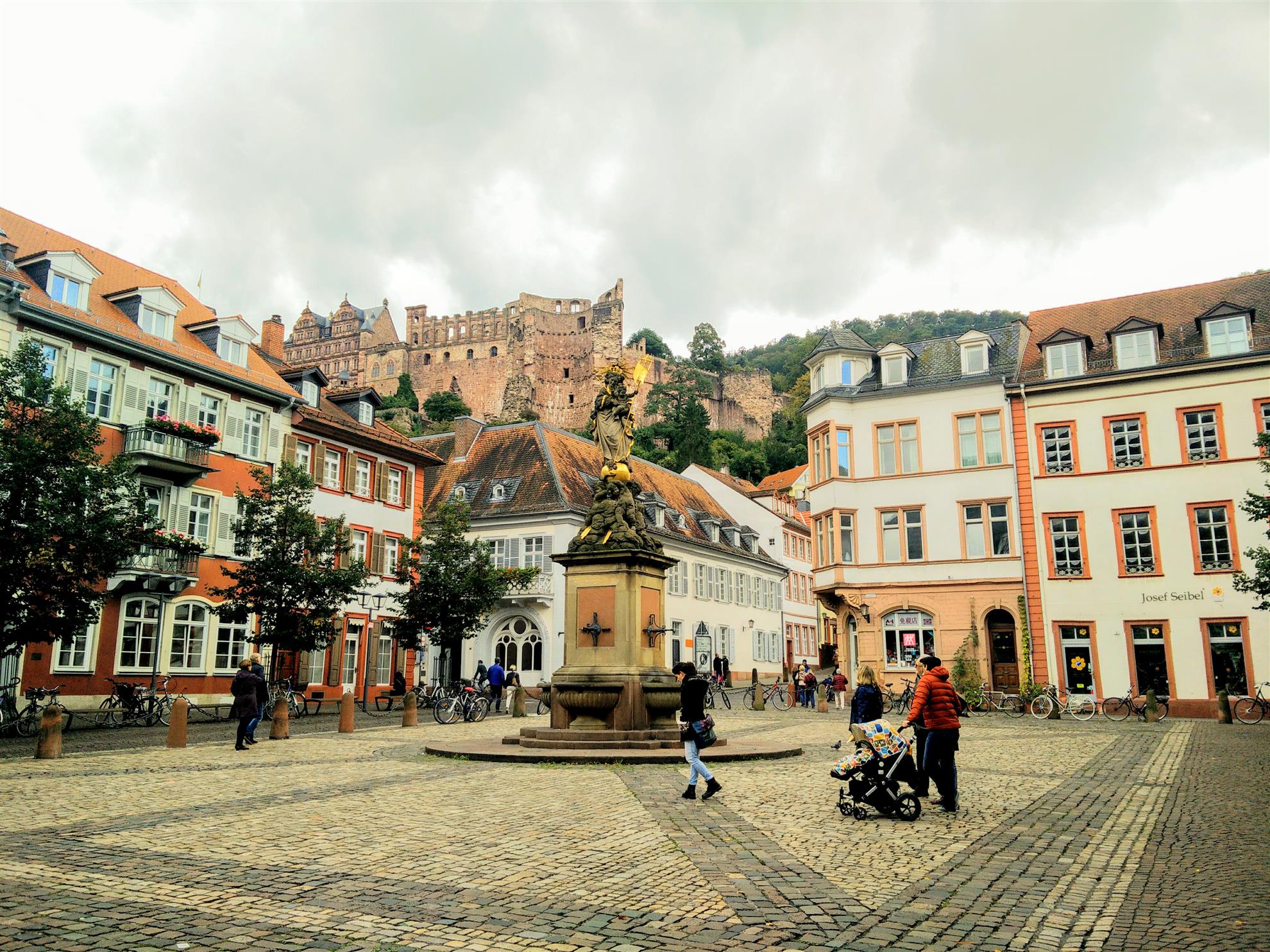Jay Wang, Global Grant Scholarship recipient from District 5360, doing his MSc in Neuroscience at the University of Heidelberg, hosted by the Rotary Club of Heidelberg-Schloss, writes to us from Germany. Since sending this letter, Jay travelled to Australia to take up lab rotation at the University of Melbourne, where he will stay for a few months. He has already been in touch with Rotarians in his new temporary home.
For more information on District 5360’s Global Grant Scholarship, visit http://www.rotary5360.ca/page/global-scholarship-funding.
10 October 2017
Dear Rotarians in District 5360
In the past year, through many roadblocks and cultural shocks, I have been incredibly lucky to work in two of the best neuroscience research labs in Heidelberg and the world. On top of which, I have presented at two local conferences, attended many more, and had the opportunities to attend a few Nobel lectures.
In Dr. Hannah Monyer’s lab, I have been working with Dr. Kevin Allen, who turned out to also be Canadian. The research involves learning and memory associated with spatial orientation, one of the earliest functions lost in Alzheimer’s patients. We implant microdrives into mice brain and connect it to a computer that will track both their movements in a maze and their brain cell activities. The two regions of the brain we insert probes into are known to provide location information and internal grids for the animals, whose discoverer won the Nobel Prize in 2014. |  |
Thus far, we have confirmed hypotheses on how the grid cells rotate with changing head directions and even rotating environment to help animals orientate. On the other hand, we are still trying to understand how this information is recorded. In the second lab, I worked with Dr. Thomas Kuner, first on stereotactic neurosurgeries and micro-injections of viral tracers to identify brain structures; then on clear-brain protocols to make an entire brain transparent for whole-brain 3D scanning of structures and their associated functions (see pictures). |  |
In terms of social activities, I have attended several local Rotary meetings and events.  Although all proceedings have been carried out in German, it has been a pleasure to learn about German arts, culture, politics and history through the club, and practising German, which turned out to be a very difficult language. I have been involved in organizing Master’s-wide multi-disciplinary scientific retreat and the buddy program for new coming students. Furthermore, I am on the organizing team for the German Neuroscience Olympic competition for high school students, which sends one student to the world championship every year. Lastly, as a continuation of my support for cancer fundraisers, I volunteered for both the Run for Cancer Research and the Row against Cancer events.
Although all proceedings have been carried out in German, it has been a pleasure to learn about German arts, culture, politics and history through the club, and practising German, which turned out to be a very difficult language. I have been involved in organizing Master’s-wide multi-disciplinary scientific retreat and the buddy program for new coming students. Furthermore, I am on the organizing team for the German Neuroscience Olympic competition for high school students, which sends one student to the world championship every year. Lastly, as a continuation of my support for cancer fundraisers, I volunteered for both the Run for Cancer Research and the Row against Cancer events.
 Although all proceedings have been carried out in German, it has been a pleasure to learn about German arts, culture, politics and history through the club, and practising German, which turned out to be a very difficult language. I have been involved in organizing Master’s-wide multi-disciplinary scientific retreat and the buddy program for new coming students. Furthermore, I am on the organizing team for the German Neuroscience Olympic competition for high school students, which sends one student to the world championship every year. Lastly, as a continuation of my support for cancer fundraisers, I volunteered for both the Run for Cancer Research and the Row against Cancer events.
Although all proceedings have been carried out in German, it has been a pleasure to learn about German arts, culture, politics and history through the club, and practising German, which turned out to be a very difficult language. I have been involved in organizing Master’s-wide multi-disciplinary scientific retreat and the buddy program for new coming students. Furthermore, I am on the organizing team for the German Neuroscience Olympic competition for high school students, which sends one student to the world championship every year. Lastly, as a continuation of my support for cancer fundraisers, I volunteered for both the Run for Cancer Research and the Row against Cancer events.As of plans for the next few months, I have accepted a research position in Australia working on a new aspect of the spatial cells and sensory perception. Currently, I’m still waiting for the visa application to be approved. After this rotation, I would like to continue my research in the Alzheimer’s field in Japan.
Sincerely,
Jay Wang